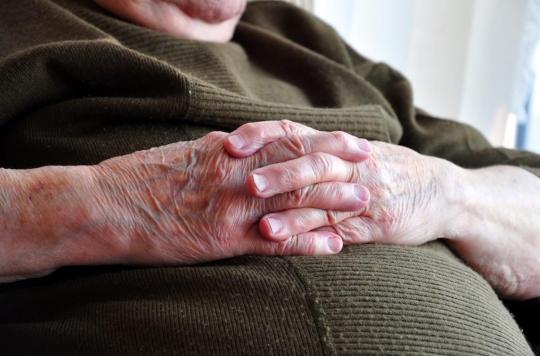Even after the age of 60, changes in eating habits and the practice of physical activity can help you lose a few pounds.

- Weight loss is always possible, regardless of age.
- A rebalancing of food and physical activity are the keys to losing a few pounds.
Being overweight is not inevitable. Even beyond the age of 60, it is possible to lose pounds. In people with obesity, changes in habits lead to the same results on the scale, regardless of age. This is the finding of a research team from the University of Warwick, in the United Kingdom. Their results were published on the specialized site Clinical Endocrinology.
A program based on diet, physical activity and psychological support
“There are multiple reasons why people underestimate weight loss in old age.says Thomas Barber, lead author of the study. It also includes agist perception that weight loss is irrelevant in older people, and a misinterpretation of their ability to lose weight through dietary changes and increased blood pressure. ‘physical exercise.” For his research, 242 patients with obesity were recruited. All were following a weight loss program at the University Hospitals of Coventry and Warwickshire (UHCW). These accompaniments are based on changes in habits adapted to each patient: they concern food, psychological support but also physical activity. Study participants were supported for an average of three years.
More frequent comorbidities with age
The researchers compared the results between those over 60 and those under 60. In the first group, weight loss was about 7.3% of body mass, compared to 6.9% in those under 60. “Weight loss is important at any ageemphasizes Thomas Barber, but as you age, the risk of developing obesity-associated comorbidities increases.” According to him, this makes slimming even more necessary to avoid developing diabetes, osteoarthritis, etc In total, there are more than 50 comorbidities associated with obesity. The risk of developing them decreases when weight loss is initiated.
650 million adults worldwide
Obesity is characterized by a body mass index greater than 30. When it exceeds 40, doctors speak of morbid obesity. To get this figure, divide weight by height squared. The causes of this disease are numerous: imbalance between energy intake and expenditure, hereditary factors, illnesses, psychological problems, pace of life, etc. According to theWorld Health Organizationmore than 650 million adults suffered from obesity in 2016.

.

















